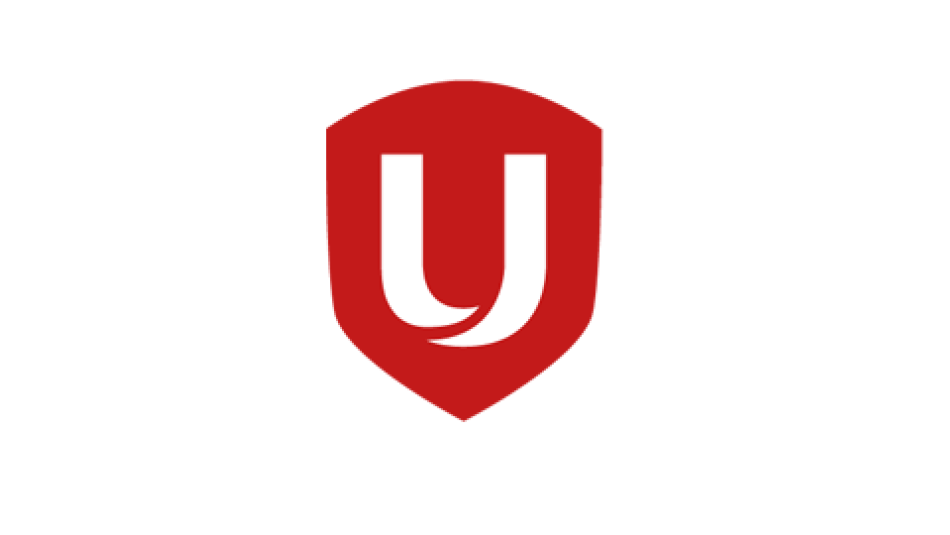
Share
The Right Honourable Mark Carney, P.C., O.C., M.P.
Prime Minister of Canada
The Honourable Minister Hajdu, P.C., M.P.
Minister of Jobs and Families
The Honourable John Zerucelli, P.C., M.P.
Secretary of State (Labour)
Re: DHL Canada
Prime Minister Carney, Minister Hajdu, Secretary Zerucelli,
In accordance with the Minister’s direction, we are responding to recent correspondence from DHL (Canada), Ltd. in which it seeks the Minister’s intervention pursuant to s. 107 of the Canada Labour Code (“Code”).
Unifor represents 2,100 employees at DHL across Canada, working as truck drivers, couriers, warehouse and clerical workers.
To provide some background, Unifor and its Locals issued Notices to Bargain in respect of its two bargaining units in September of 2024. At that time, both the Union and DHL agreed that there were no “essential services” performed by members of the bargaining unit which were necessary to prevent an immediate and serious danger to the safety or health of the public, within the meaning of section 87.4 of the Code.
This is in stark contrast to the grandiose position DHL is taking today in which it characterizes its operations as “critical” to the supply chain and the economic well being of Canada as a whole. To be clear, DHL is not even one of the top four express package delivery companies in Canada and DHL workers represent fewer than 0.7 per cent of all local delivery workers and less than 15 per cent of all courier workers in the country.
On March 7, 2025, after a dozen days of bargaining, DHL filed a Notice of Dispute and a Request for Conciliation pursuant to section 71 of the Code. On June 4, 2025, DHL issued a Notice of Lockout to the Union and proceeded to lock out all its employees on June 8, 2025.
Contrary to the assertions of DHL, the timing of this labour disruption was entirely in the employer’s hands. There were no “stalling” tactics on the part of Unifor. The Union was engaged in good faith bargaining with the Employer, when DHL triggered a lockout. Furthermore, it chose to do so, fully aware that the amendments to the Code prohibiting the use of replacement workers during a strike or lockout (Bill C-58) would come into force within 12 days.
DHL could have, and did, make contingency plans to shift production to other carriers and call centres in advance of the lockout. It even implemented a largescale strategy to train and employ replacement workers to perform bargaining unit work during the first two weeks of the lockout, prior to the statutory bar on replacement workers. Given this deliberate timing and detailed advanced planning, DHL cannot now say that it was taken by surprise or put at a disadvantage, as a result of the lockout or the enactment of “anti-scab” legislation.
While some of the services and functions performed by DHL may have been labelled “essential” by Public Safety Canada during the COVID-19 pandemic, and therefore permitted to continue notwithstanding public health measures, this is irrelevant to the question of whether it is essential for the purposes of section 87.4, and certainly not of any assistance with the question of whether an extraordinary intervention under section 107 is warranted. As you know, the appropriateness of any such extraordinary intervention by the Minister is a matter that is pending in the Federal Court.
As you are aware, free collective bargaining and the right to strike are protected under the Canadian Charter of Rights and Freedoms. Any restriction of the right to strike is detrimental to the ability of unions to bargain effectively and amounts to an infringement of section 2(d) of the Charter.
DHL appears to be asking for a free pass to avoid having to comply with the new anti-scab legislation that is the result of years of hard work on the part of unions and workers, and which was unanimously supported by parliamentarians. Section 107 of the Code cannot continue to be misused in this way.
Such interference with fundamental rights sets a dangerous precedent, prolongs disputes and ultimately erodes trust at the bargaining table. Moreover, it is well documented that the use of scabs leads to longer disputes, contributes to higher conflict at picket lines, jeopardizes workplace safety and removes the employer incentive to negotiate and settle fair contracts.
Sincerely,
Lana Payne
National President


